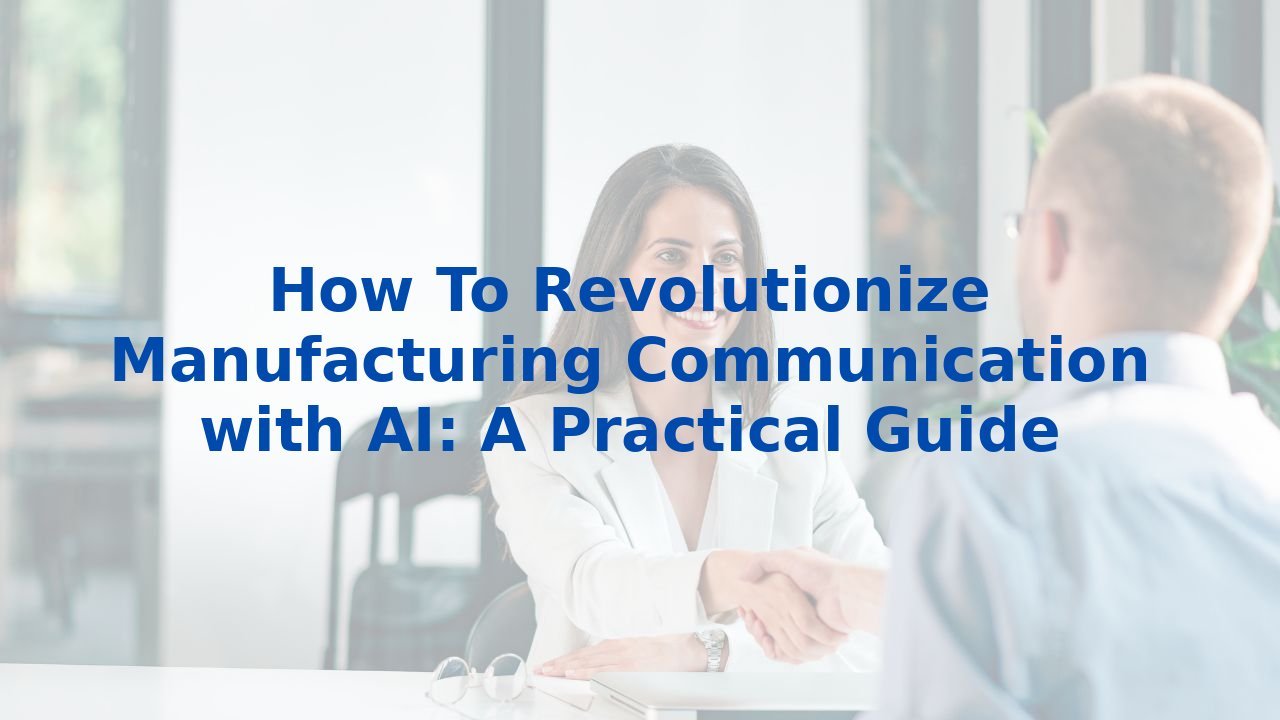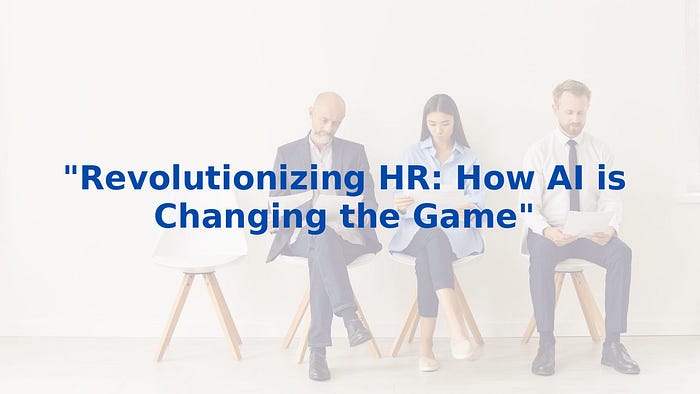How To Revolutionize Manufacturing Communication with AI: A Practical Guide
The Transformative Power of AI in Manufacturing Communication
In today's fast-paced manufacturing and process environments, effective data communication is crucial. The seamless flow of information from the field level to the enterprise level—and vice versa—plays a pivotal role in driving operational efficiency. However, achieving this efficient communication is not merely about managing data; it involves a well-structured approach that leverages emerging technologies like artificial intelligence (AI) to optimize business processes.
Understanding Industrial Communication Networks
Industrial communication networks are essentially segmented into different levels, each designed to fulfill varying functionalities. These networks can be visualized as a multi-layered structure, adapting to the unique characteristics and requirements of every operational level. This rigorous structuring allows organizations to facilitate efficient and secure communication throughout their industrial environments.
AI's Role in Enhancing Business Processes
AI emerges as a game-changer in this domain, presenting numerous opportunities for enhancing business processes. Here’s how AI can significantly impact industrial communication:
1. Real-Time Data Analysis: AI algorithms can analyze vast datasets in real-time, providing insights that were previously unattainable. This capability allows decision-makers to respond swiftly to operational challenges, enhancing efficiency and productivity.
2. Predictive Maintenance: With AI, businesses can predict equipment failures before they occur. By analyzing patterns in data, AI enables organizations to schedule maintenance proactively, thus reducing downtime and associated costs.
3. Enhanced Decision-Making: AI can synthesize complex data across different levels of communication. This leads to more informed decision-making, as stakeholders have access to a wealth of actionable insights that can drive operational strategy.
Fostering a Culture of Continuous Improvement
This adaptation of AI-driven processes does not just stop at improving operational efficiency; it extends to creating a culture of continuous improvement within organizations. Forward-thinking companies are realizing that to fully harness the power of AI, they need to invest in their most valuable asset—their employees.
Training Employees for AI Integration
When organizations equip their workforce with AI skills, they are not just enhancing productivity; they are fostering an environment of innovation and adaptability. Training employees for AI integration can involve a variety of programs, such as:
1. Empowering Problem-Solving Skills: Employees trained in AI are better equipped to solve complex problems. They understand how to leverage AI technologies to streamline processes, thereby driving operational effectiveness.
2. Encouraging Collaborative Environments: Training facilitates a shared understanding of AI’s capabilities, leading to enhanced collaboration among teams. With a common language regarding AI, cross-departmental initiatives can flourish, boosting overall agility.
3. Upskilling for Future Challenges: Investing in AI training ensures that employees are not left behind in the rapidly evolving business landscape. Upskilled employees are more adaptable to new technologies and can pivot their skills effectively to meet organization-wide goals.
Reaping the Benefits of AI
The benefits of improving business processes with AI are monumental. Not only does it enhance communication, but it also improves operational efficiencies across various tiers of the organization, from the shop floor to executive management. Enhanced AI integration leads to cost savings, better resource allocation, and optimized supply chains.
Conclusion: Embrace the Future with AI
The era of AI in manufacturing is not a distant future; it is happening right now. With structured industrial communication networks at the forefront, businesses have an opportunity to enhance their operations through impactful AI solutions. To truly capitalize on AI's potential, organizations must prioritize employee training, ensuring that their workforce is not just equipped with skills but also inspired to innovate. By embracing AI as an integral part of their business processes, companies will elevate their operations and secure a competitive edge in the marketplace.
For organizations ready to embark on this transformative journey, exploring structured AI training programs tailored for your workforce could be your next step. Discover how you can equip your entire organization with AI skills and lead the revolution in your industry.



